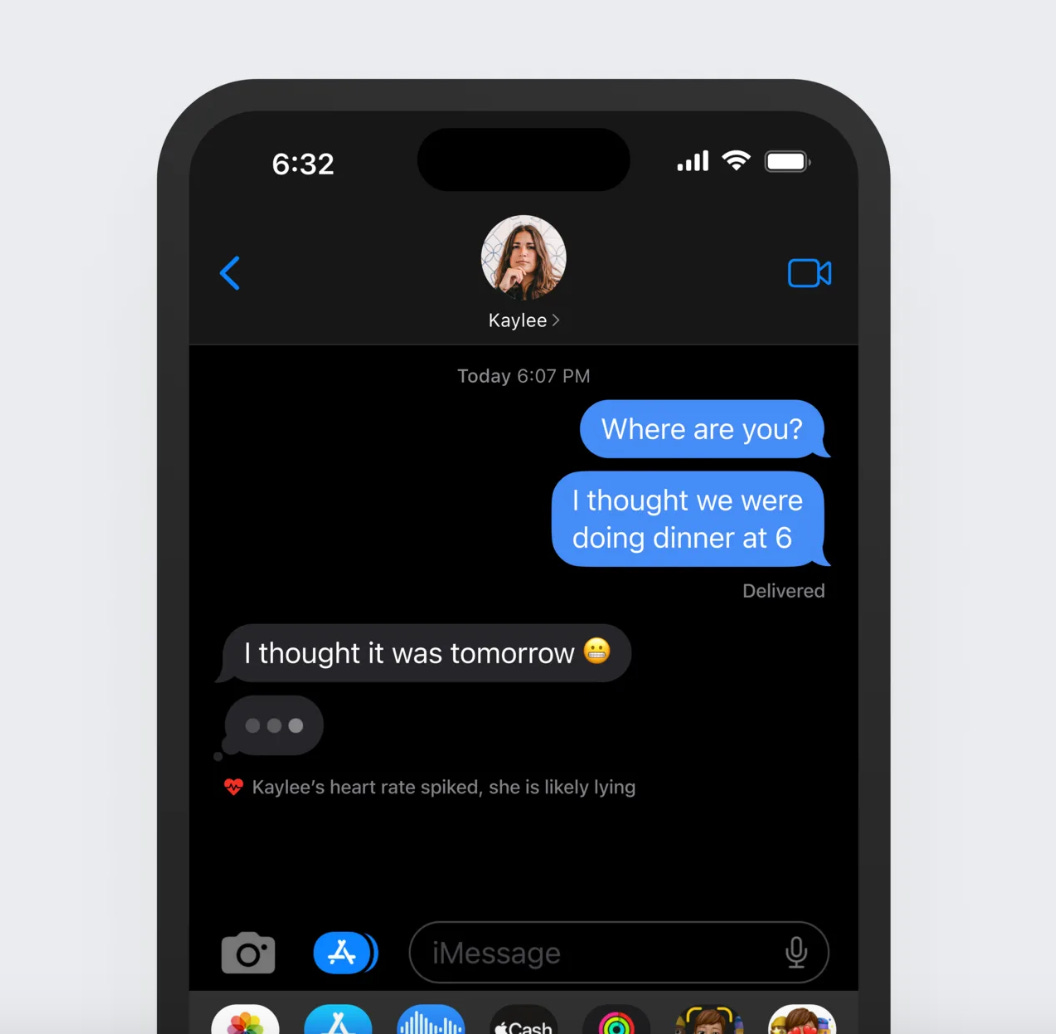Post-irony: The ethos of our time?
On the internet, social mimicry is increasingly expanding. What began as a reaction to standardization now leads to a form of "mass singularity" that sometimes borders on the ridiculous. One platform where this trend is particularly prevalent is TikTok, which aims to challenge the perfectly manicured aesthetic of Instagram.
Here, aesthetics and sub-genres are becoming increasingly quirky. To the extent that these aesthetics, which quickly succeed each other and were originally meant to illustrate a trend, soon become a non-trend, ultimately marking the trend itself. Still with me?
But sometimes these artistic or media expressions on the border of nonsense can evoke an unexpected emotional resonance, particularly through the lens of irony.
As explained by Alexandra Profizi in her book "The Age of Irony: How the Internet Reinvented Authenticity": "Irony has long served as a weapon to denounce hypocrisy, question existing powers. Now, it embodies the established order. Online and offline, it is used not for subversive purposes, but simply to demonstrate mastery of prevailing cultural codes and the ability to mock them. Irony is employed solely for the purpose of irony. Thus, we have reached the stage of post-irony, somewhere between democratic nihilism and self-consciousness saturation." But that's not all. Post-irony refers to the stage where irony unfolds in such a complex manner that it transcends its purely sarcastic nature to embrace nuances of sincerity. In post-irony, irony is not abandoned but rather deepened to encompass deeper layers of meaning and reflection.
This self-referential structure plays an essential role in shaping online identity. It allows individuals to assert their belonging to a group by expressing their tacit complicity through shared cultural codes. By adopting irony, community members imply that they share a common and implicit understanding, without needing to explain or clarify their statements. This creates a dynamic where those unfamiliar with these references are effectively excluded. In essence, the use of post-irony on the internet is both an act of affiliation and an act of trust towards other community members who are expected to immediately grasp the underlying meaning without requiring further explanations.
And one will need to hold on tight, whether they are a boomer, a millennial, or a brand eager to infiltrate these new codes, because the manifestations go well beyond aesthetic trends, memes, emojis, and other subverted typographical rules. Want a glimpse of the latest ones? There's the "algospeak" that encourages creators to use words, euphemisms, and omissions to bypass moderation restrictions. And of course, irony often plays a significant role. Thus, "sex worker" becomes "accountant," while "panini" refers to the pandemic…
Another form of manifestation, is the concept of "mocking up user interfaces," which involves parodying iconic web/mobile interfaces by adding fictional and often satirical functionalities. This is evident in the screenshots below, taken from Soren Iverson's newsletter.
What if this ethos served as the foundation for a new generation of startups? It's already more or less the case. One example is the EdTech company Animatter, which uses memes to help students deeply understand the subjects they study. The rationale behind this? If a student genuinely masters a subject, they will not only comprehend it but also have the ability to capture and create memes that reference it.

And you're probably familiar with BeReal, the app that encourages you to capture and share unfiltered moments of your daily life? Allow me to introduce Catch, the new kid on the block that's already making some noise (note: as of writing this, it ranks among the top 20 social media apps on the French App Store) and could almost be seen as a parody of BeReal. The concept? Your friends send you a photo, and you have ten seconds to view it and respond. Catch me if you can... or rather, "Mock me if you can"?
MD







